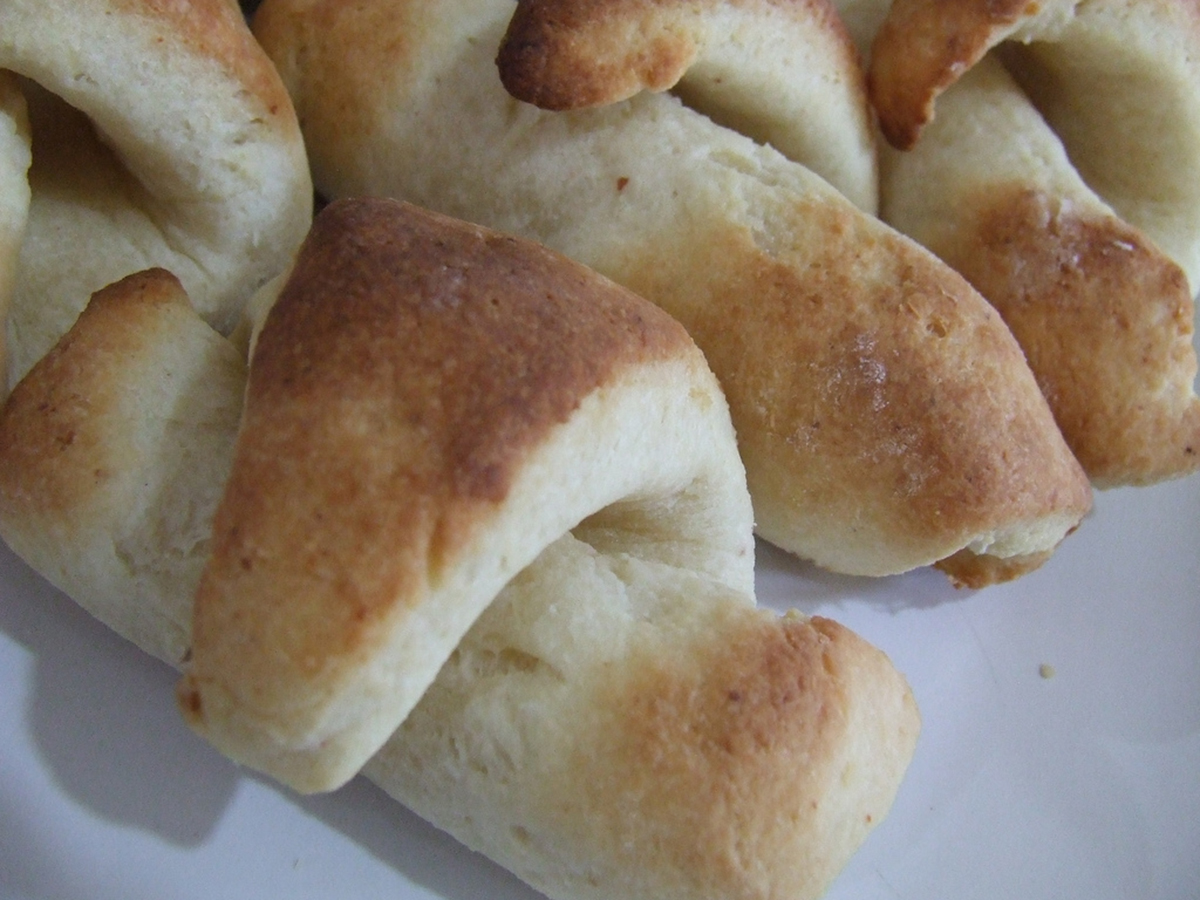Table of Contents
Before anyone decides to go on a gluten-free diet without medical consultation, it is important to emphasize that aside from the inconvenience and expense of choosing these food products, this type of diet can lead to poor intake of fiber and some essential nutrients. It is therefore recommended that you get proper medical evaluation of your signs and symptoms to obtain a definite diagnosis and appropriate treatment. After all, your symptoms may be associated with conditions that have similar symptoms, such as celiac disease, inflammatory bowel syndrome (IBS), or other conditions.

The classical symptoms of NCGS usually occur soon after ingesting foods that contain gluten, and these include bloating, abdominal pain, diarrhea/constipation, and other manifestations such as headache, “foggy mind,” fatigue, muscle pain, joint pain, numbness of the leg or arm, skin rash, and depression. However, blood tests for specific antibodies yield negative results, and no signs of damage on the small intestineare seen on biopsy.
Keeping a food diary for a few weeks to record all foods and drinks consumed and symptoms that occur following intake may aid in the evaluation. If there are no other explanations for the symptoms, a doctor may diagnose the condition as NCGS.
The American College of Gastroenterology also warns that it is important for people who think they have NCGS to get tested to make sure they do not have celiac disease, which is a more serious condition. Aside from malabsorption, which is a complication of celiac disease, this condition is also often associated with other autoimmune conditions such as rheumatoid arthritis, dermatitis herpetiformis, autoimmune thyroid disease, systemic lupus erythematosus (SLE), and type 1 diabetes.
Treatment for NCGS
There is no cure for NCGS or celiac disease, but symptoms can be managed by adhering to a strict gluten-free diet.
See Also: Gluten Intolerance: The Facts
It is also advisable to watch out for gluten in processed foods such as canned soup, salad dressing, ice cream, candy, luncheon meat, canned meats, ketchup, mustard, beer, and yogurt. Certain medicines and food supplements may also contain some gluten. The process of choosing foods to include in the diet may be complicated to some, so it is best to consult dietitians for a list of gluten free foods. Consumers must also learn to read food and product labels.
Although some people may be tempted to eat foods that contain gluten when their symptoms improve, research shows that complications can occur when patients do not adhere to a gluten-free diet. NCGS is a chronic condition that may lead to malabsorption of nutrients such as vitamin B12, iron and calcium, leading to nutritional deficiencies and complications such as anemia and weak bones. Consult your doctor for advice regarding the use of health supplements to avoid these deficiencies.
- NY Times. When Gluten Sensitivity Isn’t Celiac Disease. http://well.blogs.nytimes.com/2014/10/06/when-gluten-sensitivity-isnt-celiac-disease/?ref=health
- MedicineNet. Celiac Disease vs. 'Gluten-Sensitive'. http://www.medicinenet.com/script/main/art.asp?articlekey=175724
- MedicineNet. Celiac Disease (Gluten Enteropathy). http://www.onhealth.com/celiac_disease/article.htm
- Nutrients. Non-Celiac Gluten Sensitivity: The New Frontier of Gluten Related Disorders. http://www.mdpi.com/2072-6643/5/10/3839/htm
- Photo courtesy of U.S. Department of Agriculture by Flickr: www.flickr.com/photos/usdagov/8456960260
- Photo courtesy of Cassidy by Flickr: www.flickr.com/photos/cookingglutenfree/5926418054
- nytimes.com
- www.medicinenet.com
- www.onhealth.com
- www.mdpi.com

